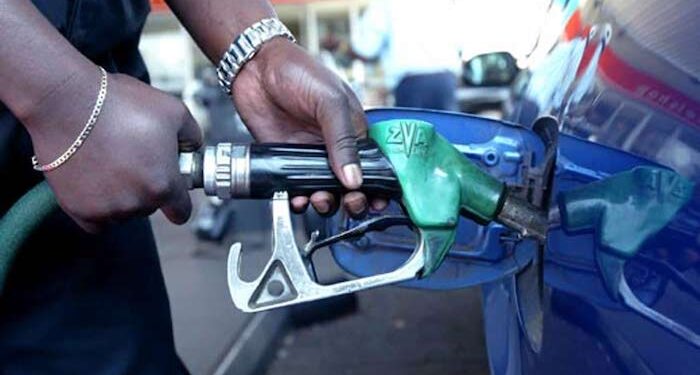There are concerns that the price of petrol in Nigeria may increase as some members of the Organization of Petroleum Exporting Countries (OPEC) continue their voluntary crude oil production cuts into August to stabilize the international price of oil.
Crude oil prices heavily influence petrol prices worldwide, accounting for up to 80% of the product’s cost. As of yesterday, Brent, Nigeria’s oil benchmark, was priced at $76.72 per barrel, while US oil (WTI crude) was selling for $71.88 per barrel.
Saudi Arabia, the de facto leader of OPEC and the largest crude exporter globally, is reportedly dissatisfied with current prices and has decided to reduce its crude production. Russia and Algeria have also volunteered to lower their August output and export levels. These production cuts by OPEC members could contribute to a rise in petrol prices in Nigeria.
Nigeria, which recently removed petrol subsidies, relies on imports due to its dilapidated refineries, subjecting the country to market volatility. Aside from the price of crude oil, other factors influencing petrol prices include refining costs, shipping costs, distribution and marketing costs, as well as taxes and levies imposed by Nigeria.
The International Monetary Fund (IMF) has stated that Saudi Arabia would need oil prices to reach $80.90 per barrel to balance its budget this year. The Nigerian National Petroleum Company Limited (NNPC) CEO, Mele Kyari, previously mentioned that Nigeria would be comfortable with $50 oil to retain customers and encourage the adoption of renewable energy.
Given the direct relationship between international crude oil prices and petrol prices in Nigeria, an increase in oil prices could lead to a rise in petrol prices within the country.
During the ongoing OPEC International Seminar in Vienna, OPEC Secretary General Haitham Al-Ghais emphasized the importance of oil for the planet and the need for sustainability. He reiterated OPEC’s commitment to working on market stability and reducing greenhouse gas emissions.
Al-Ghais acknowledged that renewable energy sources alone are insufficient to meet climate goals and advocated for multiple pathways to achieve sustainability. Nigeria recently pledged to meet the Paris Agreement’s goals of limiting global temperature increase to 1.5 degrees Celsius above pre-industrial levels by 2060.
Antonio Oburu Ondo, President of the OPEC Conference in 2023 and Equatorial Guinea’s Minister of Mines and Hydrocarbons, also highlighted the significance of oil in the world’s energy mix, stating that the world cannot function without it.
OPEC has been working to maintain stable oil production and prices, pumping an average of 28.57 million barrels per day in June. However, oil prices have experienced a decline of about 12% so far in 2023 due to a slow post-pandemic recovery in China and concerns about rising interest rates triggering a global recession.


